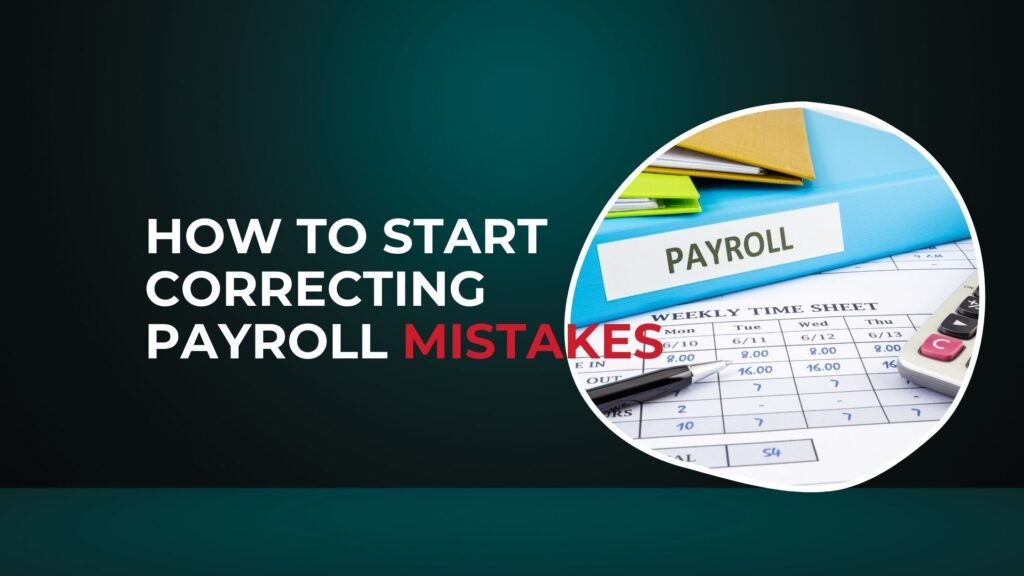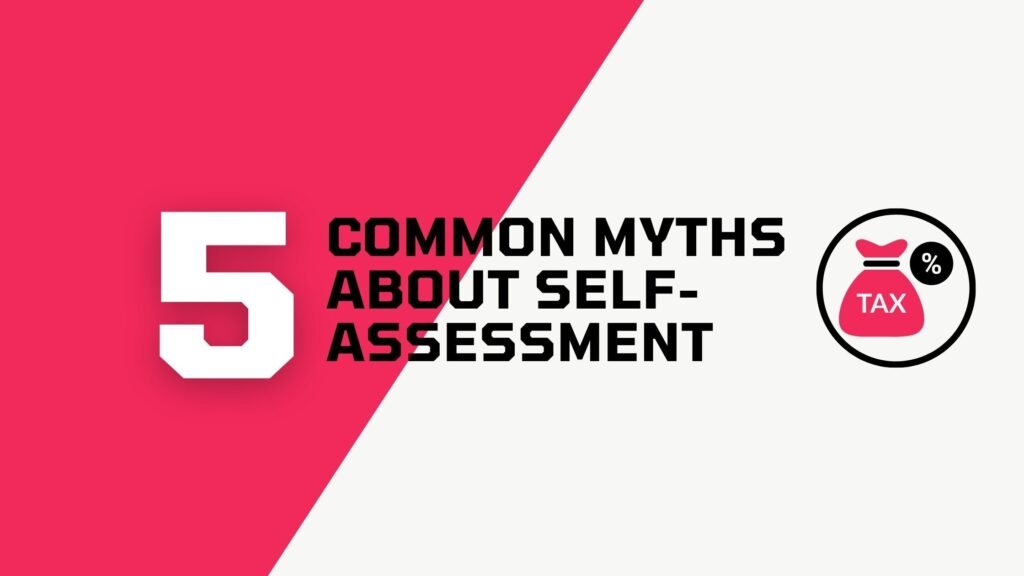When starting a business, choosing the right company structure is a critical decision. Two common options are a company limited by shares or a company limited by guarantee. Each structure offers distinct advantages based on your business goals. Whether you’re planning to make a profit or run a not-for-profit organisation, selecting the appropriate structure can affect how your business operates, its tax obligations, and liability coverage. In this article, we will break down both structures and provide a clear explanation to help you make an informed decision.
What is a Company Limited by Shares?
A company limited by shares is the most common business structure for for-profit companies. In this structure, shareholders own a portion of the company and are liable only for the value of their shares, ensuring their personal assets remain protected if the company faces financial difficulties. Shares can be issued to raise capital, making it easier to support the business.
Here are the main features of a company limited by shares:
- Ownership: Shareholders hold ownership and have a stake in the business.
- Profit distribution: Shareholders receive dividends based on the company’s profits.
- Liability: Shareholders’ liability is limited to the amount they have invested in their shares.
- Capital raising: The company can issue shares to raise funds for growth, attracting investors.
This structure is perfect for businesses looking to grow and raise capital while offering limited liability protection for shareholders.
What is a Company Limited by Guarantee?
A company limited by guarantee is usually used by charities, non-profits, or clubs. Instead of shareholders, the company has members who agree to contribute a nominal amount, usually a small sum (often £1), if the company is wound up. This structure ensures that the company is not profit-driven and all profits are reinvested into the organisation’s mission or activities.
Here are the main features of a company limited by guarantee:
- Ownership: There are no shareholders—only guarantors who provide a financial guarantee but do not own shares or receive profits.
- Profit reinvestment: Any profits are reinvested back into the organisation’s objectives rather than distributed.
- Liability: Guarantors’ liability is limited to the amount they agree to pay (usually a small sum like £1).
- Capital raising: These companies usually rely on grants, donations, or membership fees for funding since they cannot issue shares.
Social, charitable, or community-oriented organisations will benefit most from this structure.
Corporate Finance
Solutions
Differences Between a Company Limited by Shares and Guarantee
When choosing a business structure, it’s essential to understand the differences between a company limited by shares and a company limited by guarantee. These two structures have distinct purposes, ownership arrangements, and levels of financial responsibility.
Here are the main distinctions between the two structures:
Feature | Company Limited by Shares | Company Limited by Guarantee |
Purpose | For-profit businesses | Non-profits, charities, clubs |
Ownership | Shareholders | Members |
Liability | Limited to unpaid share value | Limited to an agreed nominal amount |
Profit Distribution | Profits can be distributed as dividends | Profits reinvested into the organisation |
Raising capital | Through issuing shares | Cannot issue shares |
When Should You Choose a Company Limited by Shares?
A company limited by shares is ideal if your goal is to run a profit-making business. This structure allows for the distribution of profits among shareholders and raising capital through the issuance of shares, making it well-suited for growth-focused companies. Shareholders are also protected by limited liability, ensuring that their personal assets are safeguarded. This structure is common among startups, small businesses, and large corporations seeking expansion.
You should choose a company limited by shares if you are starting a for-profit business, plan to raise capital by issuing shares, want to protect shareholders personal assets by limiting their liability and intend to distribute profits among shareholders. If you’re considering the long-term future of your business, including potential exit strategies, you might also want to explore how corporate finance advisory can help you sell your business effectively.
When Should You Choose a Company Limited by Guarantee?
A company limited by guarantee is more appropriate if your organisation is focused on non-profit activities, such as charity work, community service, or other social causes. In this structure, any profits are reinvested into the organisation’s goals rather than distributed to its members. Liability for guarantors is limited to a pre-agreed amount, making it a popular choice for charities, clubs, and educational institutions. This structure is suitable if you are setting up a non-profit organisation, your primary focus is on a cause rather than profit-making, you need a framework where profits are reinvested into the organisation’s activities, and you want to limit the personal liability of your members.
Conclusion
The choice between a company limited by shares or guarantee ultimately depends on the nature and goals of your business. For-profit companies aiming to raise capital and distribute profits to shareholders should opt for a company limited by shares. On the other hand, non-profit organisations focusing on community service or charitable objectives will benefit from a company limited by guarantee.
Carefully considering your business goals, liability concerns, and plans for capital can help you choose the most suitable structure for your organisation. If you need guidance in making this decision, book a free consultation with our expert today to explore the best options for your specific needs.
Frequently Asked Questions
Yes, but the process can be complex and requires legal advice. It’s easier to establish the correct structure from the start.
The key difference is that a company limited by shares has shareholders who can receive dividends, while a company limited by guarantee has members who do not receive profits. This distinction affects the company’s structure, funding, and overall purpose.
While a company limited by guarantee can generate income, it is generally not suited for traditional trading businesses, as profits cannot be distributed. This structure is better for organisations focused on social or community objectives.
Generally, a company limited by guarantee may be eligible for tax exemptions if it is a registered charity, but it depends on the jurisdiction and purpose of the organisation.
Yes, but all profits must be reinvested into the organisation to support its non-profit activities. Profits cannot be distributed to members.





